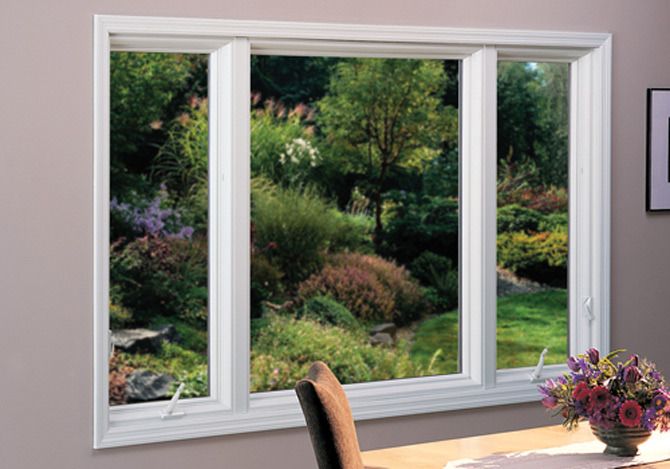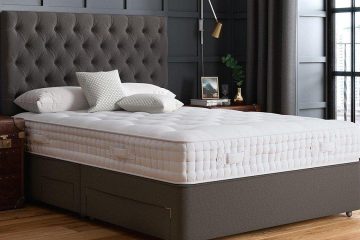Vancouver window replacement is a wise investment, one that can drastically enhance a home’s comfort, energy efficiency, and overall value. Whether your current windows are outdated, damaged, or simply not performing as they should, understanding the intricacies of window replacement is essential. We will walk you through the various aspects of window replacement, from recognizing when it’s time to replace your windows to selecting suitable materials and styles, understanding the installation process, and exploring the long-term benefits.
Comprehensive Guide to Window Replacement: Identifying Needs, Choosing Materials, Installation, and Benefits
- Recognizing When It’s Time for Window Replacement
Determining the right time to replace your windows can be challenging, especially if the signs are subtle. Windows are critical components of a home’s envelope, and their condition can significantly impact energy efficiency, comfort, and even safety. Common indicators that it’s time to consider replacement include drafts, condensation between glass panes, difficulty opening or closing windows, and noticeable damage like rotting frames or cracked glass. Additionally, a spike in your energy bills could suggest that your windows no longer provide adequate insulation. By identifying these signs early, you can prevent more extensive damage to your home and ensure a more comfortable living environment.
- Choosing the Right Window Materials
Selecting the appropriate materials for your new windows is crucial, affecting durability, maintenance, energy efficiency, and aesthetics. Common materials include wood, vinyl, aluminum, and fiberglass, each offering unique advantages. Wood windows, for example, are renowned for their classic appearance and excellent insulation properties, but they require regular maintenance to prevent rot and weather damage. Vinyl windows are popular due to their low maintenance, affordability, and good thermal performance, though they may offer a different aesthetic appeal than wood. Aluminum windows are durable and often used in contemporary designs, but they can conduct heat and cold, making them less energy-efficient. Fiberglass windows are highly durable and energy-efficient, mimicking the appearance of wood without high maintenance. Evaluating these materials based on your climate, budget, and design preferences will help you make an informed decision.
- Understanding Window Styles and Their Functions
The style of the window you choose can dramatically affect your home’s functionality and look. Common styles include double-hung, casement, sliding, bay, bow, and awning windows, each with specific features and benefits. Double-hung windows with two operable sashes, are versatile and easy to clean, making them a popular choice for many homes. Casement windows, hinged at the side and opening outward, offer excellent ventilation and unobstructed views. Sliding windows glide horizontally and are ideal for spaces with limited vertical clearance. Bay and bow windows extend outward, creating additional interior space and allowing more light into the room. Awning windows, hinged at the top, provide good ventilation while keeping out rain. Understanding how each style functions and its benefits can help you select windows that best suit your home’s architecture and your personal needs.
- Energy Efficiency Considerations
Energy efficiency is a critical factor in window replacement, impacting your comfort and utility bills. Modern windows are designed to reduce heat loss in the winter and keep your home cooler in the summer. Key features include double or triple glazing, low-emissivity (Low-E) coatings; gas fills between panes, and energy-efficient frames. Double or triple glazing provides better insulation by trapping air or gas between layers of glass, reducing heat transfer. Low-E coatings reflect infrared light, keeping heat inside during winter and outside during summer. Gas fills, typically argon or krypton, offer better thermal insulation than air. Energy-efficient frames, made from materials like vinyl, fiberglass, or wood composites, also significantly reduce heat transfer. Choosing windows with these features can enhance your home’s energy efficiency, reduce your carbon footprint, and lower your energy costs.
- The Importance of Professional Installation
Even the best windows will only perform effectively if they are installed correctly. Professional installation ensures that windows fit perfectly, are appropriately sealed, and are aligned to function smoothly. Poor installation can lead to air leaks, water infiltration, and reduced energy efficiency, negating the benefits of your new windows. Professional installers have the experience and tools to address potential issues such as structural damage or irregular openings, ensuring a secure and precise fit. Additionally, many manufacturers’ warranties require professional installation to remain valid. Investing in professional installation can provide peace of mind, knowing that your windows will perform optimally and contribute to the longevity of your investment.
- Cost Considerations and Budgeting
Window replacement can be a significant financial commitment, so it’s essential to understand the costs and budget accordingly. The window replacement cost varies widely based on factors such as the number of windows, window size and style, materials chosen, and labor costs. To budget effectively, obtain multiple quotes from reputable contractors, factor in potential additional costs for structural repairs or custom features, and consider financing options if necessary. While the initial investment may be substantial, the long-term benefits of improved energy efficiency, enhanced home value, and increased comfort often outweigh the costs.
Replacing your windows is a substantial but worthwhile investment that can transform your home in numerous ways. By understanding the signs that indicate it’s time for replacement, choosing suitable materials and styles, prioritizing energy efficiency, and ensuring professional installation, you can reap the benefits of enhanced comfort, reduced energy costs, and increased home value. Proper maintenance and care will ensure your new windows perform well for years. Ultimately, window replacement is an investment in your home’s longevity, efficiency, and aesthetic appeal, offering returns that make it a valuable endeavor for any homeowner.




